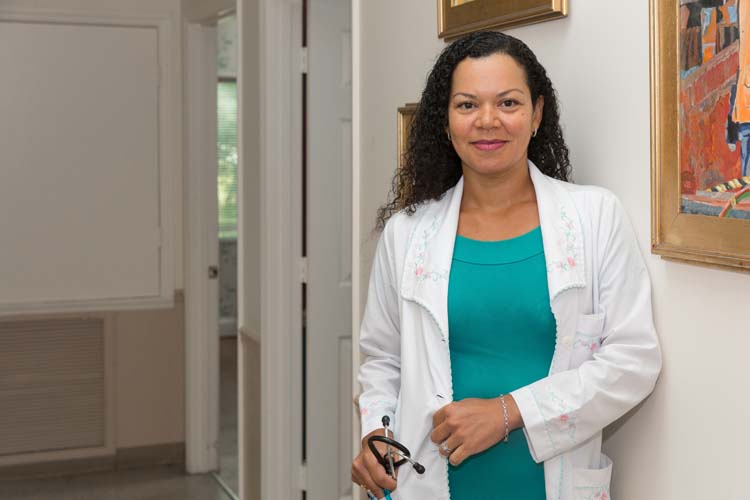
A new study suggests that taking low-dose aspirin at least three times a week may reduce the risk of breast cancer by up to 20 percent.
In the study, researchers analyzed information from more than 57,000 women, participants in an ongoing study monitoring the health of California educators. The women completed questionnaires in 2005 outlining their use of aspirin and other non-steroidal anti-inflammatory drugs (NSAIDs).
The research team is from City of Hope Beckman Research Institute in Monrovia, California. In 2013, eight years after the participants submitted their questionnaires, the team determined that women who took a low-dose “baby” aspirin (81 milligrams) at least three times each week were 16 percent less likely to develop any breast cancer and 20 percent less likely to develop the most common breast cancers, compared to women who took a baby aspirin less frequently, or not at all.
Dr. Georgia Daniela Shapiro, a Vero Beach oncologist, is familiar with the study and the concept that low-dose aspirin has a potential impact on the prevention of breast cancer. She says “this study adds to the continually growing body of research on the role of low-dose aspirin role as a preventative for certain types of disease.”
While previous research had suggested there may be a link between frequent regular-dose aspirin use and a lower risk of breast cancer overall, this is the first study to focus on the effects of baby aspirin on specific breast cancer subtypes. For HR-positive and HER2-negative breast cancers, the risk reduction associated with the regular use of baby aspirin was 20 percent (compared to 16 percent for all types combined). This is a significant finding, as the majority of women diagnosed with breast cancer have either the HR-positive or HER2-negative subtype.
The results were reported in the journal Breast Cancer Research and, according to the researchers, remained viable even after accounting for other possible factors, such as a family history of breast cancer. Striking a note of caution, the researchers stress that further studies are needed before firm recommendations can be made about the use of baby aspirin to reduce the risk of breast cancer.
Vero’s Dr. Shapiro says the potential risk-lowering effect of low-dose aspirin on breast cancer is likely due to the fact that it is a weak “aromatase inhibitor.” Aromatase inhibitors, such as Arimidex, are treatment options for “hormone-positive” breast cancers. She adds, “the anti-inflammatory properties of aspirin may also play a significant role in its preventative nature, as chronic inflammation is considered a possible factor leading to cancer development.”
Each year in the United States, more than 300,000 women receive a breast cancer diagnosis. Surgery, radiation, chemotherapy and hormone therapy – sometimes in combination – have long been treatment mainstays, but ongoing research has resulted in the development of even more approaches. Doctors are often able to tailor treatments to the individual woman, prescribing specific medicines for their specific type of breast cancer.
One newer approach, called “targeted treatments,” focuses on specific molecules and cell mechanisms thought to be important for cancer cell survival and growth. Targeted treatments are meant to spare healthy tissues and cause less severe side effects than chemotherapy. A number of targeted treatments have been approved by the FDA for specific breast cancer subtypes.
As is widely known, low-dose aspirin has long been associated with other health benefits. The most recent government guidelines, issued in 2016, recommend that adults 50 to 59 years old take a daily low-dose aspirin to help prevent heart attack, stroke and colorectal cancer. (The guidelines come with some caveats: the aspirin-taker should have a 10 percent or greater risk of developing cardiovascular disease in the next 10 years, have a life expectancy of at least 10 years, and not be a high risk for internal bleeding.) The task force responsible for the guidelines says that more research is needed to determine whether taking low-dose aspirin is beneficial for people younger than 50 or older than 70.
Dr. Shapiro cautions that aspirin, even at a low dose, is not without risk, and that individuals should speak with their physician about their specific health situation to determine if low-dose aspirin might be beneficial for them.
Dr. Shapiro practices as part of Scott, Weeks, McGarry & Shapiro, located at 1460 36th St in Vero Beach; the office number is 772-562-7777.



